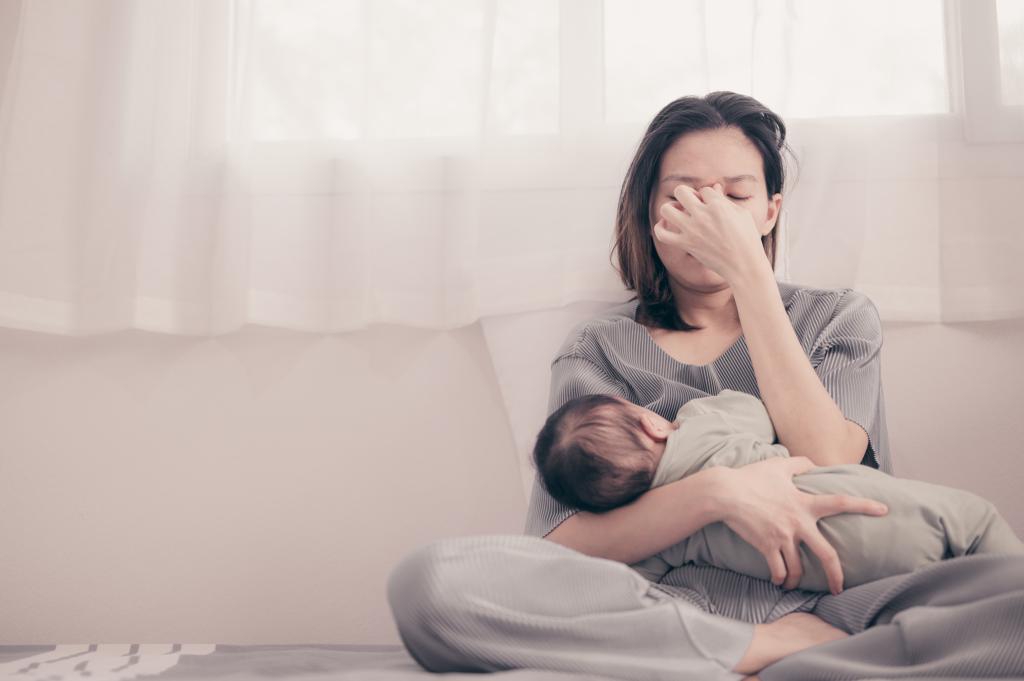Women have long fought for more paid time off after giving birth, citing bonding with the newborn, better mental health and greater workplace equity as some of the benefits.
But a new study — published in the Journal of Health Economics — suggests the longer moms spend on maternity leave, the more likely they are to pick up a pretty big health problem later down the line.
Researchers tracked over 8,500 European mothers from 14 European countries between 1960 and 2010 and found that extended baby breaks corresponded to a surplus of cigarette breaks.
For every extra month of maternity leave, a mom’s odds of smoking later rose by 1.2 percentage points. Plus, total smoking duration increased by 7 months, daily cigarette intake edged up by 0.2 per day, and ‘pack-years’ — a way to measure a lifetime of smoking — climbed by 0.6.
The findings caught the scientists by surprise.
“We actually expected that longer career breaks would lead to mothers smoking less. However, our results clearly show that the likelihood of smoking later in life increases with longer periods of parental leave,” Sonja Spitzer, a demographer at the University of Vienna, said in a press release.
“In principle, maternity and parental leave are important for health, and in the short term, health protection also outweighs other considerations. However, if the leave period is too long, financial burdens, social isolation and professional disadvantages can increase — smoking could be a coping mechanism for this stress.”
In keeping with that line of thought, the spike was especially stark among mothers who did not receive financial support from their partner when the baby was born.
“Financial worries during an already sensitive phase of life such as around the time of birth can increase the pressure even more — this stress seems to have a particularly significant impact on health behavior in the long term,” Spitzer said.
While it might seem counterintuitive, the data clearly indicates that shorter maternity leaves seem to have protective benefits when it comes to the urge to light up.
“We were able to clearly show that longer leave periods increase the likelihood of smoking later in life. We can only speculate about the exact reasons behind this, but they are consistent with what we see in the literature and our data,” she concluded.
The findings align with previous research, such as a 2012 study that found more than 40% of women who quit smoking during pregnancy relapse within six months postpartum.
And multiple studies have indicated that prolonged periods of not working increase the likelihood of smoking, possibly due to stress, loss of structure and boredom.
This new study adds a layer of complexity to the conversation, indicating that while longer maternity leave may have some mental health benefits when it comes to bonding and postpartum depression, is also carries some surprising longterm health risks.
It suggests that maternity leave policies should focus not only on duration, but also on quality and support.
Read the full article here







